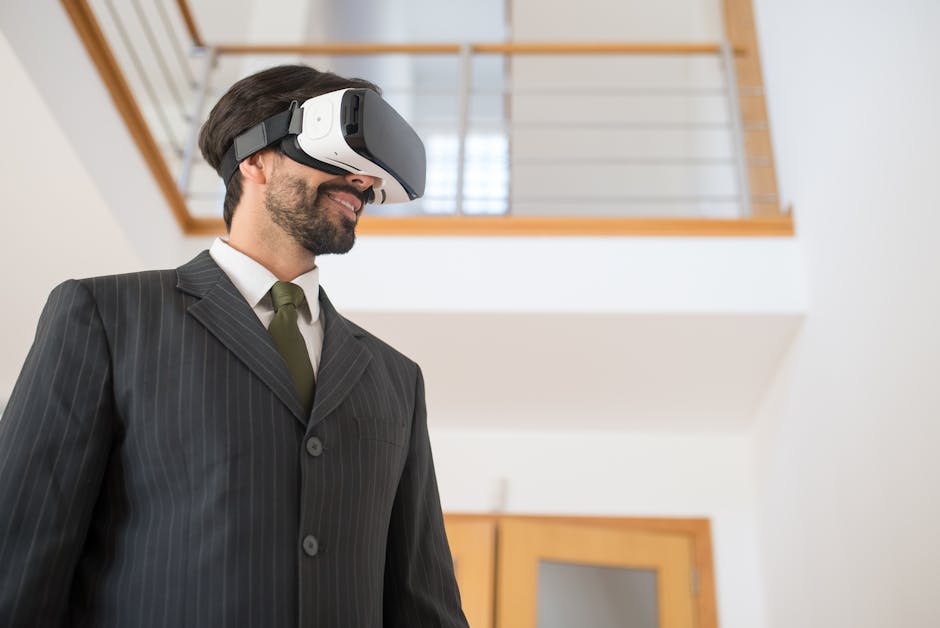Exploring the Power of Transformative Creative Works
Art has the power to shape societies, challenge norms, and inspire change. From literature to visual arts, music to film, creative works have the ability to transform individuals and communities. In this article, we delve into the world of transformative creative works, exploring their impact, significance, and potential for driving social, cultural, and personal change.
The Evolution of Transformative Creative Works
Throughout history, creative works have played a crucial role in shaping our understanding of the world and ourselves. From ancient cave paintings to modern-day multimedia installations, art has served as a mirror reflecting the human experience. Transformative creative works go beyond mere entertainment or aesthetic pleasure; they have the power to provoke thought, challenge perceptions, and evoke emotions.
One of the earliest examples of transformative creative works can be found in the writings of ancient philosophers such as Plato and Aristotle. Their philosophical treatises explored fundamental questions about existence, ethics, and the nature of reality, laying the groundwork for centuries of intellectual discourse and creative expression.
The Impact of Transformative Creative Works on Society

Transformative creative works have the ability to shape public discourse, challenge societal norms, and inspire social change. From the political satire of Jonathan Swift to the feminist poetry of Audre Lorde, artists have used their creativity to address pressing issues and advocate for justice.
One powerful example of the impact of transformative creative works on society is the Civil Rights Movement in the United States. Through music, literature, and visual arts, African American artists such as Maya Angelou, James Baldwin, and Nina Simone used their platforms to speak out against racism and oppression, galvanizing a generation of activists and allies.
The Role of Transformative Creative Works in Personal Growth

On a personal level, transformative creative works have the potential to inspire self-reflection, personal growth, and emotional healing. Whether through a poignant novel, a moving film, or a stirring piece of music, art has the power to touch our hearts, expand our minds, and transform our lives.
For example, the memoir “Wild” by Cheryl Strayed chronicles the author’s journey of self-discovery and healing through a transformative hiking trip along the Pacific Crest Trail. The book resonated with readers around the world, inspiring them to confront their own struggles and embrace the transformative power of nature and self-discovery.
The Intersection of Technology and Transformative Creative Works
In the digital age, technology has revolutionized the way we create, consume, and interact with creative works. From virtual reality experiences to interactive art installations, artists are pushing the boundaries of traditional forms of expression to create immersive and transformative experiences for audiences.
One example of the intersection of technology and transformative creative works is the rise of digital storytelling platforms such as Instagram and TikTok. Artists and creators are using these platforms to share their work with global audiences, breaking down barriers and reaching new audiences in innovative ways.
The Ethical and Legal Considerations of Transformative Creative Works
While transformative creative works have the potential to inspire and provoke, they also raise important ethical and legal questions. Issues such as cultural appropriation, copyright infringement, and freedom of expression often come into play when artists push the boundaries of creativity and challenge societal norms.
For example, the concept of fair use in copyright law allows artists to create transformative works based on existing material, such as parodies, remixes, and adaptations. However, determining what constitutes fair use can be a complex and subjective process, leading to disputes and legal challenges in the creative community.
Expert Opinions on Transformative Creative Works
To gain further insights into the world of transformative creative works, we reached out to experts in the field for their perspectives on the topic.
Dr. Sarah Johnson, a professor of art history at the University of California, Berkeley, emphasizes the importance of transformative creative works in contemporary society:
“Art has the power to challenge, inspire, and transform. In an increasingly complex and interconnected world, creative works play a crucial role in shaping our understanding of ourselves and the world around us.”
Common Misconceptions About Transformative Creative Works
Despite their profound impact and significance, transformative creative works are often misunderstood or overlooked in mainstream discourse. One common misconception is that art is merely a form of entertainment or decoration, rather than a powerful tool for social change and personal growth.
Another misconception is that transformative creative works are limited to traditional forms of art such as painting, sculpture, and literature. In reality, creativity can manifest in a wide range of mediums and formats, from digital art to performance art, from spoken word poetry to street art.
Conclusion: Embracing the Transformative Power of Creativity
In conclusion, transformative creative works have the power to inspire, challenge, and transform individuals and societies. From the ancient philosophers of Greece to the digital creators of today, artists have used their creativity to shape culture, provoke thought, and drive change.
As we navigate the complexities of the modern world, let us embrace the transformative power of creativity, recognizing its potential to heal, to connect, and to inspire. Through art, we can find solace in chaos, beauty in pain, and hope in despair. Let us celebrate the artists, the visionaries, and the storytellers who remind us of the enduring power of creativity to transform our world.




